We were lucky to catch up with Matese Fields recently and have shared our conversation below.
Matese, looking forward to learning from your journey. You’ve got an amazing story and before we dive into that, let’s start with an important building block. Where do you get your work ethic from?
In my younger life, my work ethic came from wanting to prove people wrong. When I was a child I was always being told what I wasn’t going to be able to do, and I made it my mission to prove them wrong everytime. I was a pretty accomplished musician back in high school (all-county, all-state, honor bands etc) and I knew that I wanted to go to college for Music Education. I remember my high school guidance counselor telling me that I had to be good at music to get into music school. I made it my mission to prove him wrong and ended up getting into every music school I applied to. That’s just one instance of many that I remember that really sticks with me. I think that mentality stuck with me through college and my early career as a designer.
Now as I get older and more experienced I think that my work ethic comes from wanting to just make cool, awesome things. I don’t really need to prove myself as much anymore and can just focus on improving my craft and making things that I and other people can enjoy.
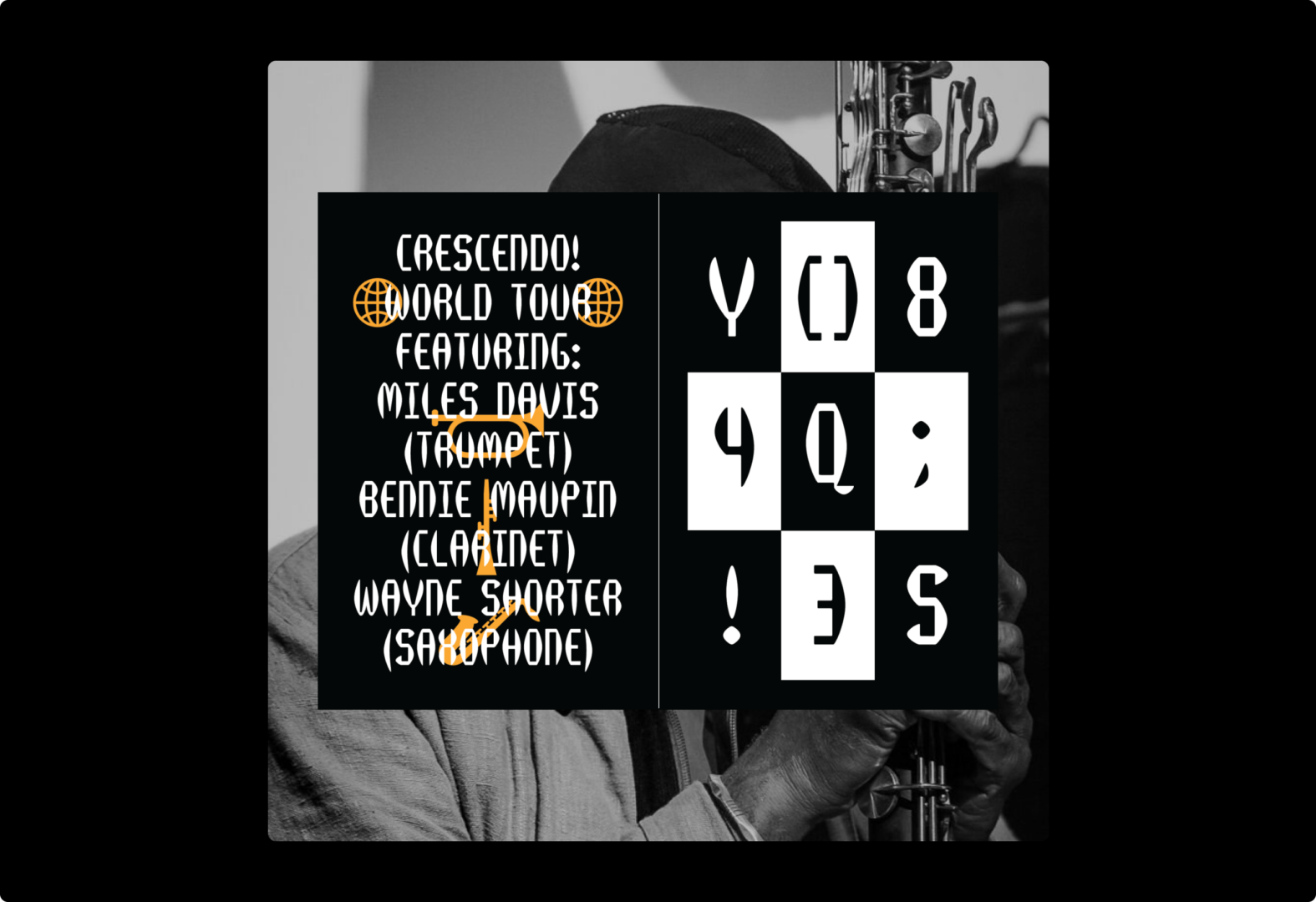
Let’s take a small detour – maybe you can share a bit about yourself before we dive back into some of the other questions we had for you?
Hi! I’m Matese Fields, a multidisciplinary designer based in Portland, OR. I focus mostly on Brand and Digital Product Design and I feel that I work best when I’m able to blend both disciplines together. I have been designing for 10 years now and have previously worked in-house at StockX and at agencies Work & Co and Truth Labs. I currently am leading design at a startup called Student Athlete Score (www.studentathletescore.com) and also running my studio TeseCreates (www.tesecreates.com) where I take on brand and small web projects.
Strategy is a large part of my work and I like to think outside of the box when thinking about projects. I am a lover of typography and I think you can see that reflected a ton in my work. I also like to think my design style is a bit maximalist, kind of similar to my life. I love to collect things and generally love a lot of color and brightness in my life and work.
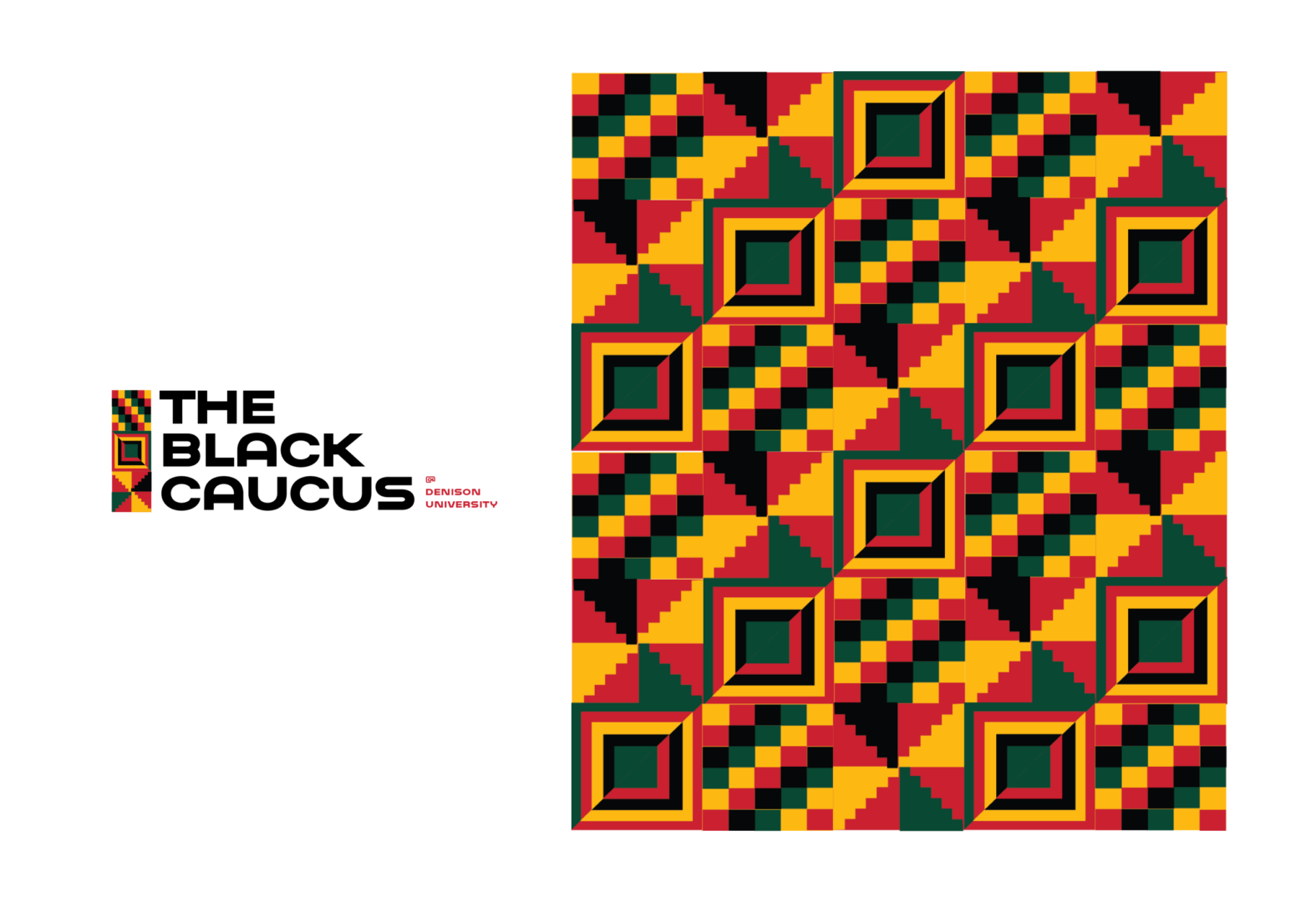
There is so much advice out there about all the different skills and qualities folks need to develop in order to succeed in today’s highly competitive environment and often it can feel overwhelming. So, if we had to break it down to just the three that matter most, which three skills or qualities would you focus on?
I think curiosity was the most impactful part of my journey. Once I knew that I wanted to be a designer I did everything I could to learn and get as much experience that I could. That means doing multiple internships, taking on any project that came my way even if I had no idea what I was doing, and lastly jumping around to different positions and industries for jobs. Every full time job had a specific purpose and I went there because I knew it could help me learn more about a certain skill. My first full time job helped me learn how to present work. My second full time job helped me learn how to work in a larger team and different groups of people. My third full time job really helped me refine my craft and get really good at doing the detailed work quickly.
I always tell folks who are early in their journey to jump around, do whatever feels right to you. I feel like the design industry tends to force people into a certain discipline, but it’s the different experiences and skillsets that help you make the best work you can, and just be happy in this industry.
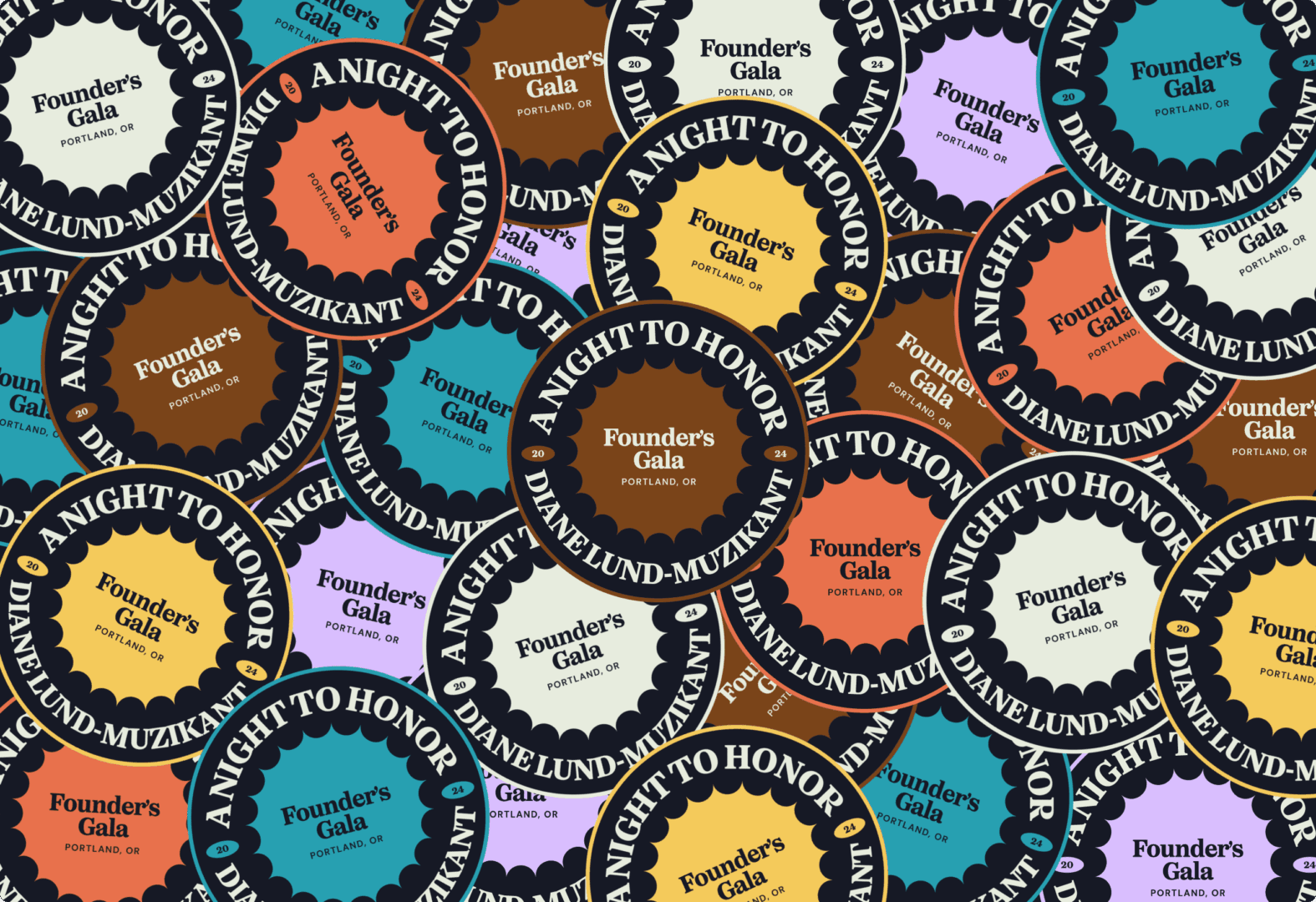
Thanks so much for sharing all these insights with us today. Before we go, is there a book that’s played in important role in your development?
The Artist’s Way by Julia Cameron has been a book that has made a huge impact on my life and design career. I think it’s very easy to get caught up in climbing the ladder, or making as much money as you can etc but that tends to not leave you very fulfilled as a creative. I spent a lot of my career trying to get a six figure salary and be as high up in the ranks as I could and as soon as I did that I was laid off. I then went through a large period of burnout and almost left the industry as design just wasn’t doing it for me anymore. This book really helped me take a step back and figure out what it was that I wanted as a designer that wasn’t money or title. That in turn helped me define what my studio was going to focus on, which in turn led to me doing what I do in the current day.
Contact Info:
- Website: https://www.tesecreates.com
- Instagram: @tesecreates
- Linkedin: https://www.linkedin.com/in/matesefields/
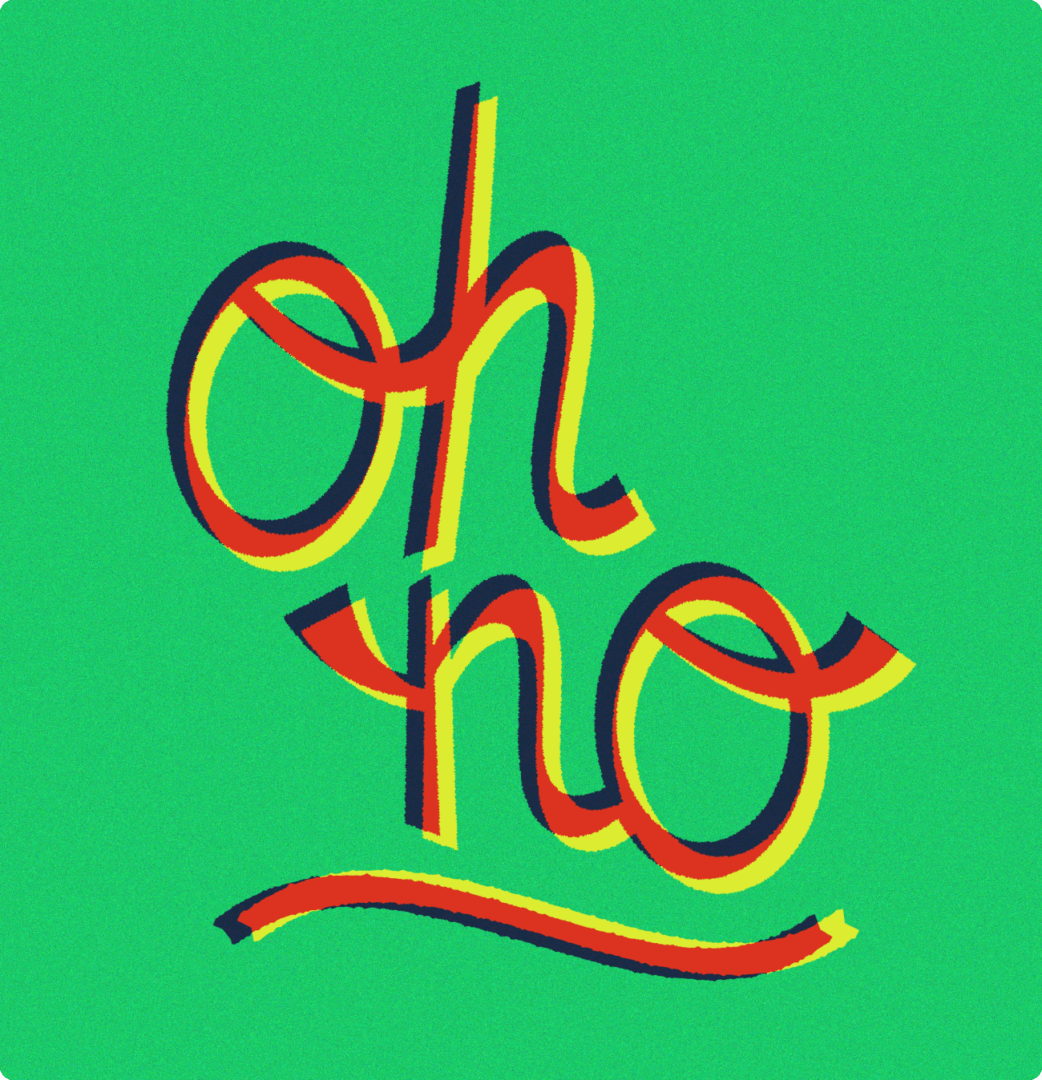
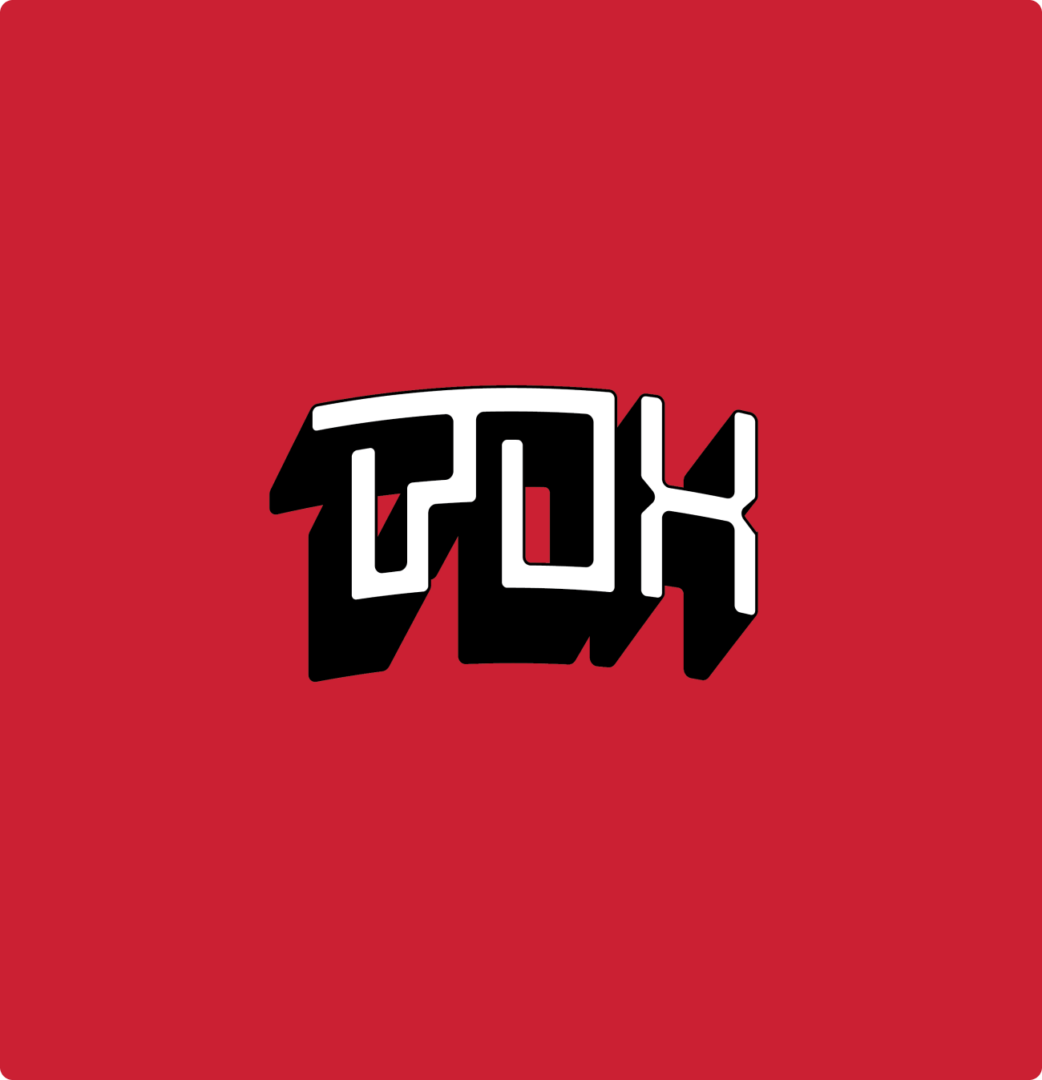
so if you or someone you know deserves recognition please let us know here.




